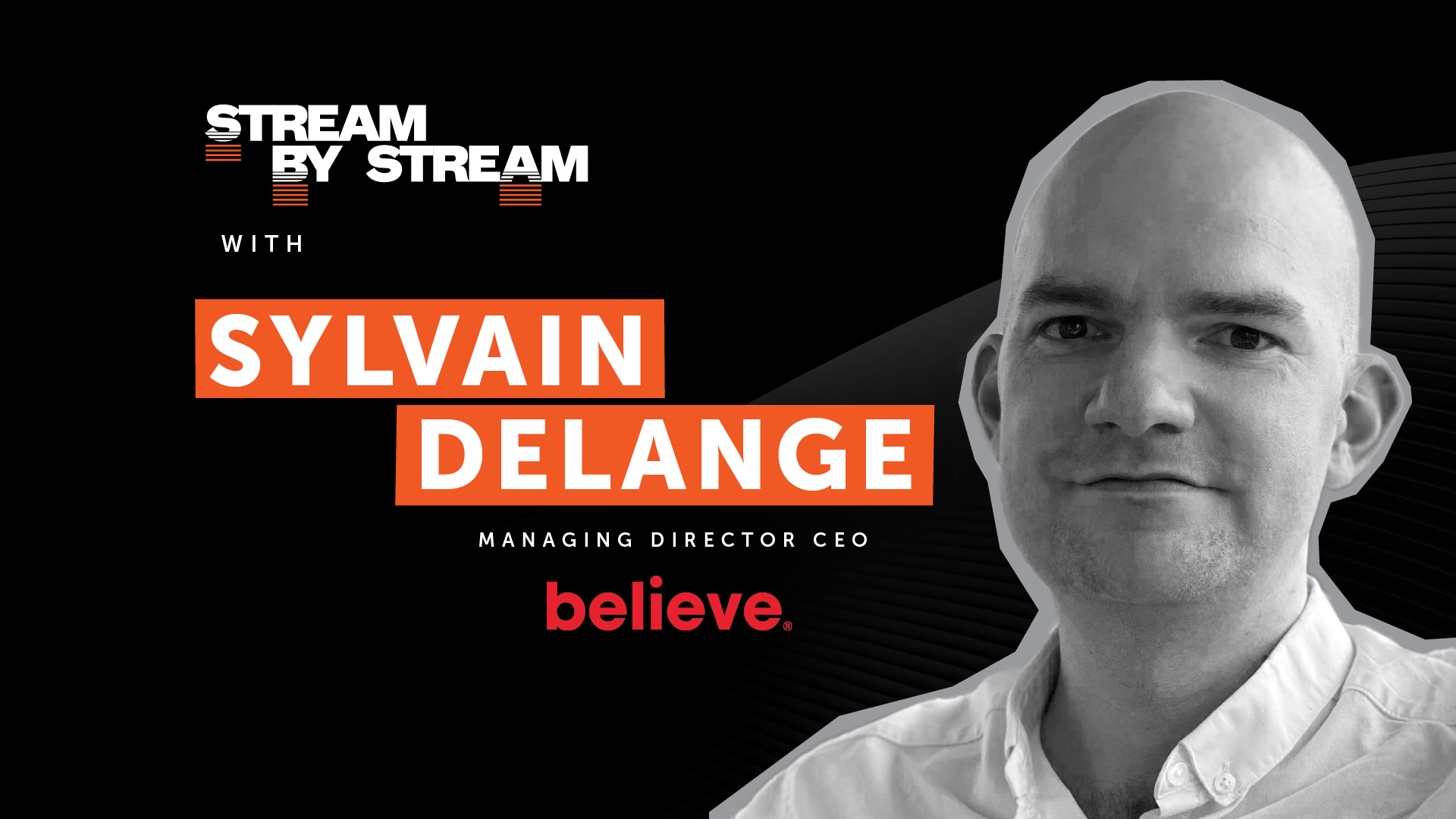-
SERVICES
-

Branded app
Our white label streaming service if you need a front-end and backend ready-to-go.
Branded app
-

Catalogue Delivery
Music catalog ingestion & delivery including metadata, assets and rights management.
Catalogue Delivery
-

Streaming service APIs
A set of documented APIs to help you implement streaming features in your existing platform.
Streaming service APIs
-

Playlisting tool
Music Curation solution to easily create playlists that comply with your licensing agreements.
Playlisting tool
-

AutomixIQ
SDK that enhances music streaming experiences with seamless song transitions, akin to a DJ mix
AutomixIQ
-

Social Radio
SDK that adds a social experience to music apps with live broadcasting and real-time interaction.
Social Radio
-

Music Licensing
A consultancy service to help you navigate the complex music licensing space.
Music Licensing
-

Integrations
A curated ecosystem of third-party technologies to activate more functionality.
Integrations
How do we help with your streaming project...
How do we help with your streaming project...
Features
Features
-
-
INDUSTRIES
-

Fitness & Wellbeing
A playlisting tool for instructors to incorporate music into digital classes
Fitness & Wellbeing
-

Telcos & Mobile Operators
Bundle your own entertainment app to acquire and retain customers
Telcos & Mobile Operators
-

Aviation & Transport
Music delivery and curation tools for inflight entertainment (IFE)
Aviation & Transport
-

Gaming
Enhance your user experience safely with music and clear reporting
Gaming
-

Radio Networks & Broadcasters
AI and interactivity tools to engage, monetise, and optimise programming
Radio Networks & Broadcasters
Powering music experiences across industries
Powering music experiences across industries
-
-
TECHNOLOGY
Overview
Overview
What makes us different in the B2B music tech market is our innovative backend technology for streaming services. Our next generation cloud based infrastructure allow streaming services to scale on-demand and we can ingest millions of tracks in a matter of time without performance issues.
- CLIENTS
-
ABOUT
About
About
We are your 360º B2B music streaming technology partner that helps to quickly launch and grow streaming services around the world. The company develops simple, fast and engaging music, audio and video streaming platforms for enterprises and start-ups.
-
RESOURCES
VLOG - Stream by Stream
VLOG - Stream by Stream
We interview music tech expert to help you in your streaming journey
BLOG - #Power of music
BLOG - #Power of music
Our blog where we share our views about trends in music and streaming tech












